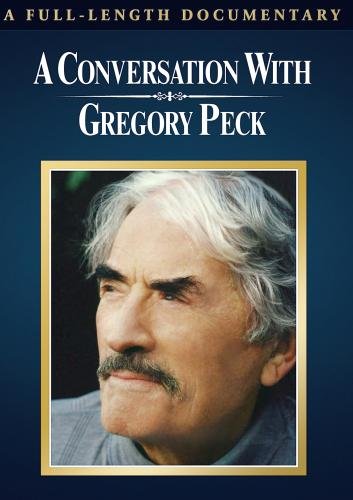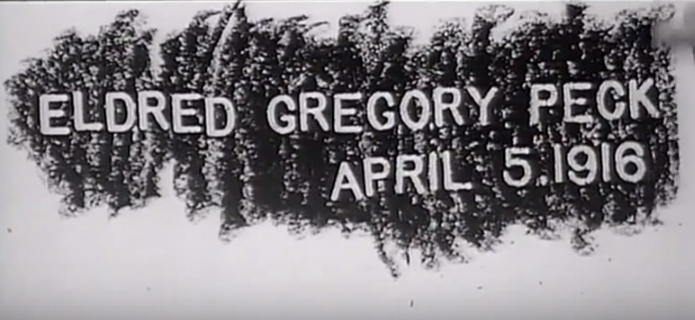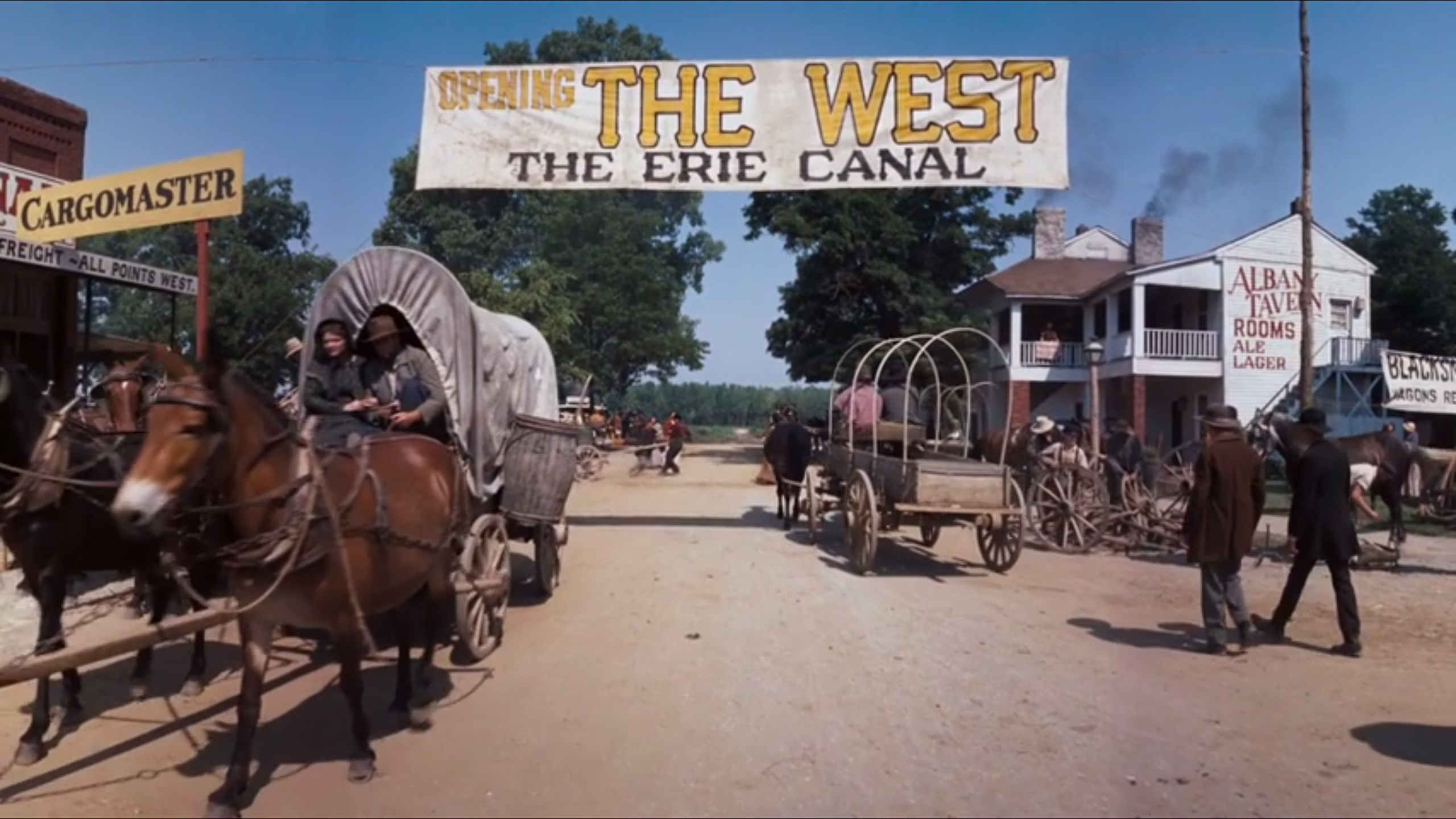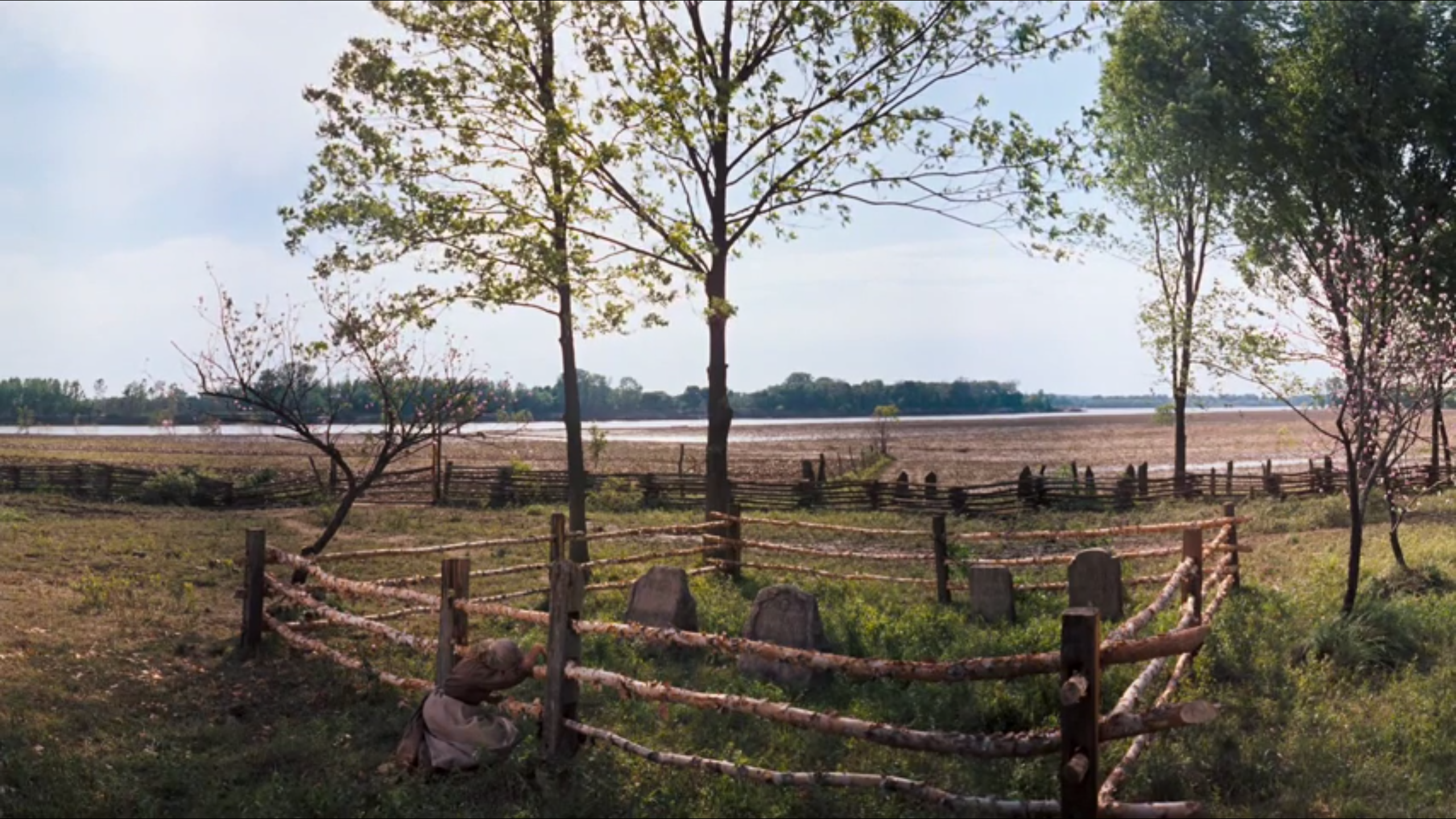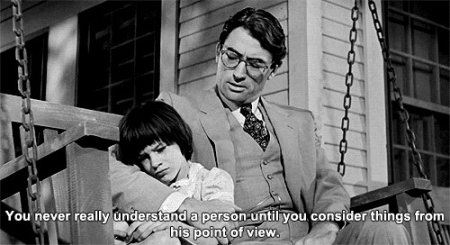Best Shot Peck Centennial: Roman Holiday & To Kill a Mockingbird
 Tuesday, April 5, 2016 at 9:49PM
Tuesday, April 5, 2016 at 9:49PM 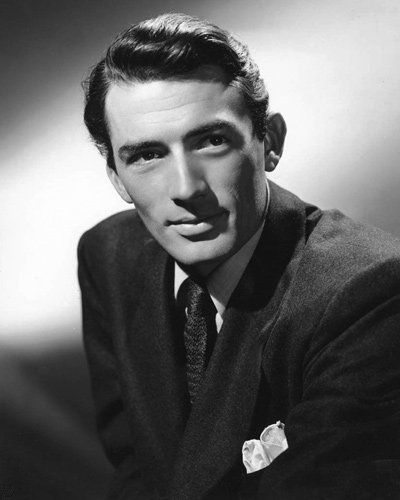 Gregory Peck was an instant sensation at the cinema. He was nominated for Best Actor in his very first year of the movies for The Keys of the Kingdom (1944) and the hits just kept on coming: The Yearling (1946), Gentleman's Agreement (1947), Twelve O'Clock High (1949). The Academy became less interested in nominating him after that the 1940s but for his Oscar winning and most iconic role (To Kill a Mockingbird) but audiences never stopped loving him. He had key hit films for over 30 years in his big screen career.
Gregory Peck was an instant sensation at the cinema. He was nominated for Best Actor in his very first year of the movies for The Keys of the Kingdom (1944) and the hits just kept on coming: The Yearling (1946), Gentleman's Agreement (1947), Twelve O'Clock High (1949). The Academy became less interested in nominating him after that the 1940s but for his Oscar winning and most iconic role (To Kill a Mockingbird) but audiences never stopped loving him. He had key hit films for over 30 years in his big screen career.
Though he was a very politically active liberal he was never interested in running for office himself but he proved to be an influential politician within the industry itself as a key AMPAS president.
For this week's Hit Me With Your Best Shot, in honor of Peck's Centennial, we gave participants the choice between what are arguably his two greatest films, Roman Holiday (1953) or To Kill a Mockingbird (1962).



